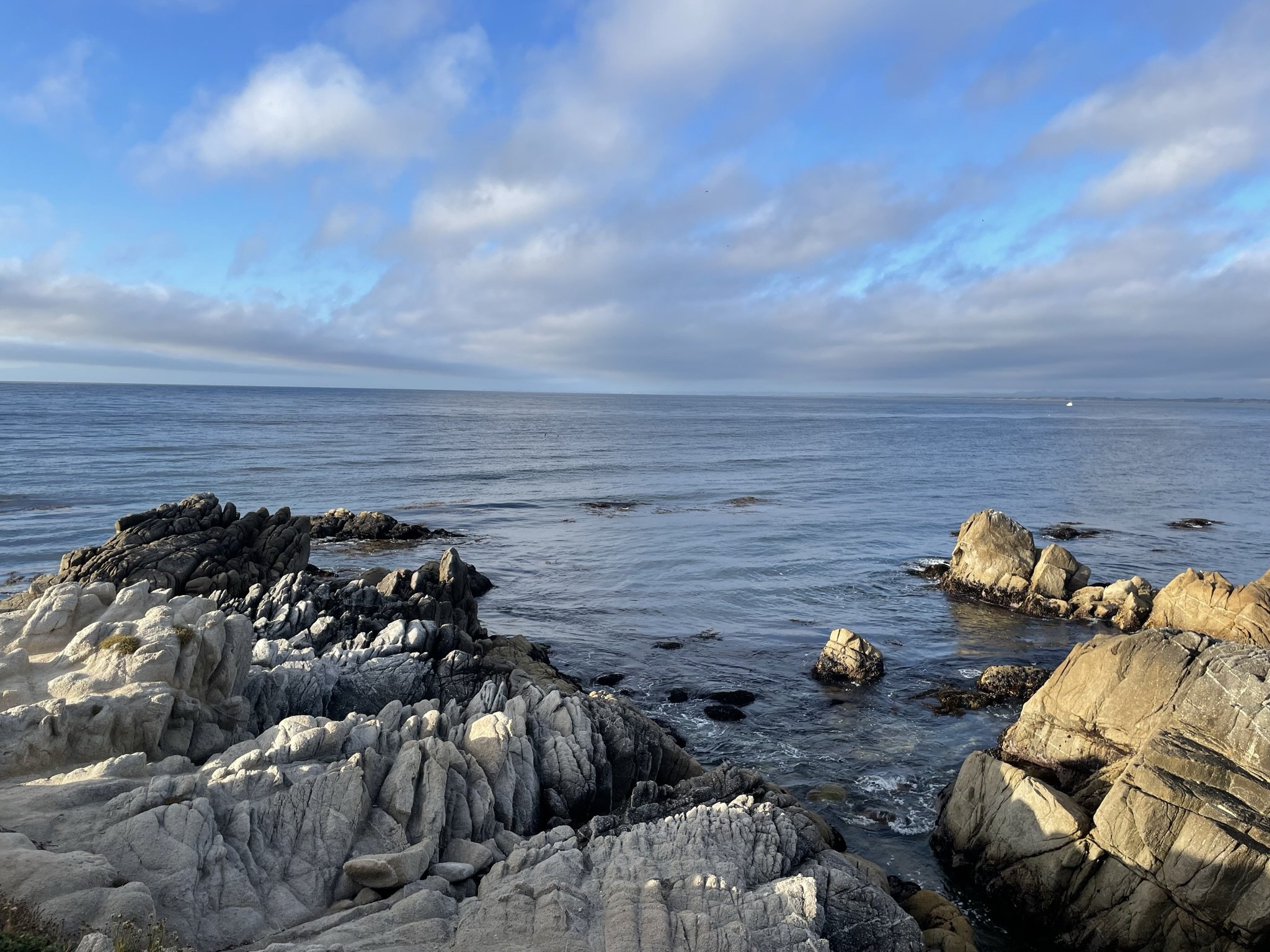
Climate Despair
It’s bad, but it’s not too late. Managing our emotions helps us see how we can best work for climate justice.
“What’s your biggest climate change fear? Just the scariest thing you can think of?”
My friend and I are in a coffee shop late on a Friday afternoon. The conversation had started out normal, but, here we are.
Climate change has been scary enough already: species gone extinct, land destroyed, towns run dry.
“What scares me most,” I tell my friend, “Is that we might give up before we have to. Or that we’re so busy worrying that the world is ending that we aren’t doing the things that matter now.”
I’m scared when people tell me they think it’s too late to do anything. (It’s not too late!)
I’m scared when people tell me they want to help but the problems are so big, there’s nothing one person can do about them. (We’re so much bigger than just one person!)
I’m scared when people tell me they think destructive forces of greed, money, and power simply can’t be stopped from destroying the planet. (Hope and love are also powerful forces!)
Our despair is in our way, keeping us from doing the work we need to do for climate justice.
But, even today, neither despair nor climactic collapse are inevitable. Follow me on Substack as we talk about how to act with hope, connect with others, and work together to create a better, more sustainable world.
When we move from despair to effective action, we feel better, we draw strength from our communities, and we can save the world.
Climate Despair: (def) The false belief that there is no future for human civilization because of climate destruction.
In fact, it’s quite likely that we will have a future—one that is forged by our actions today.